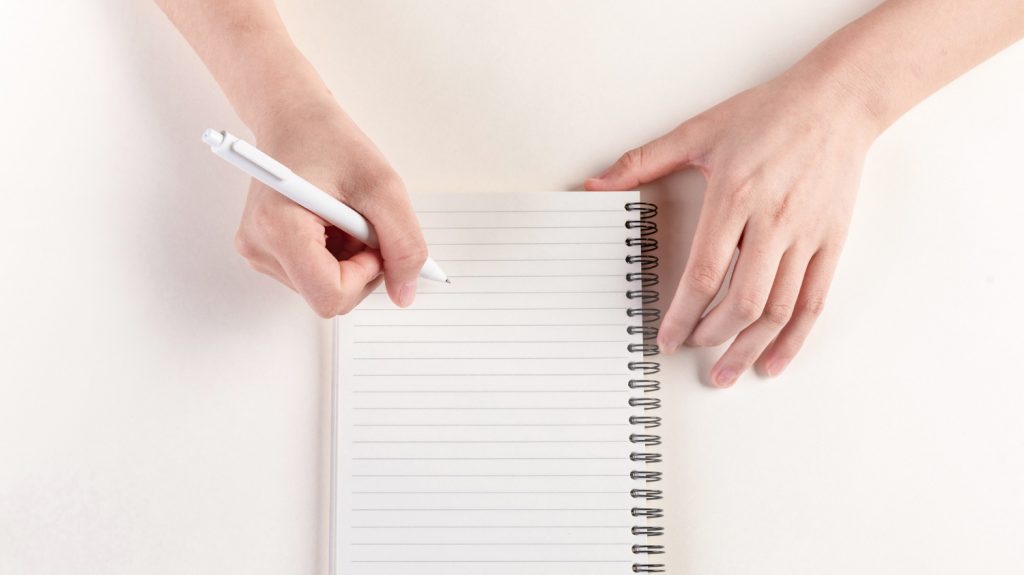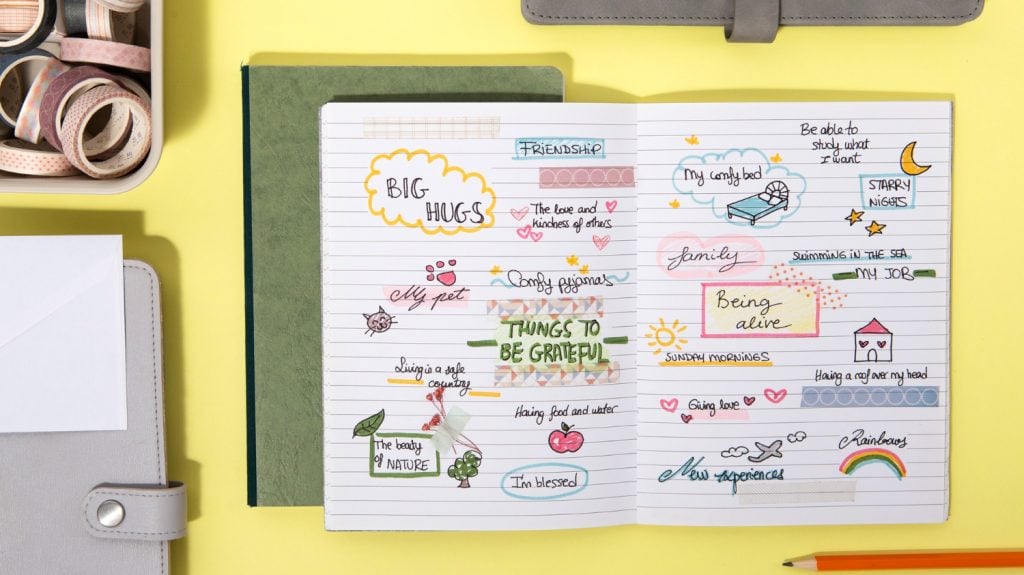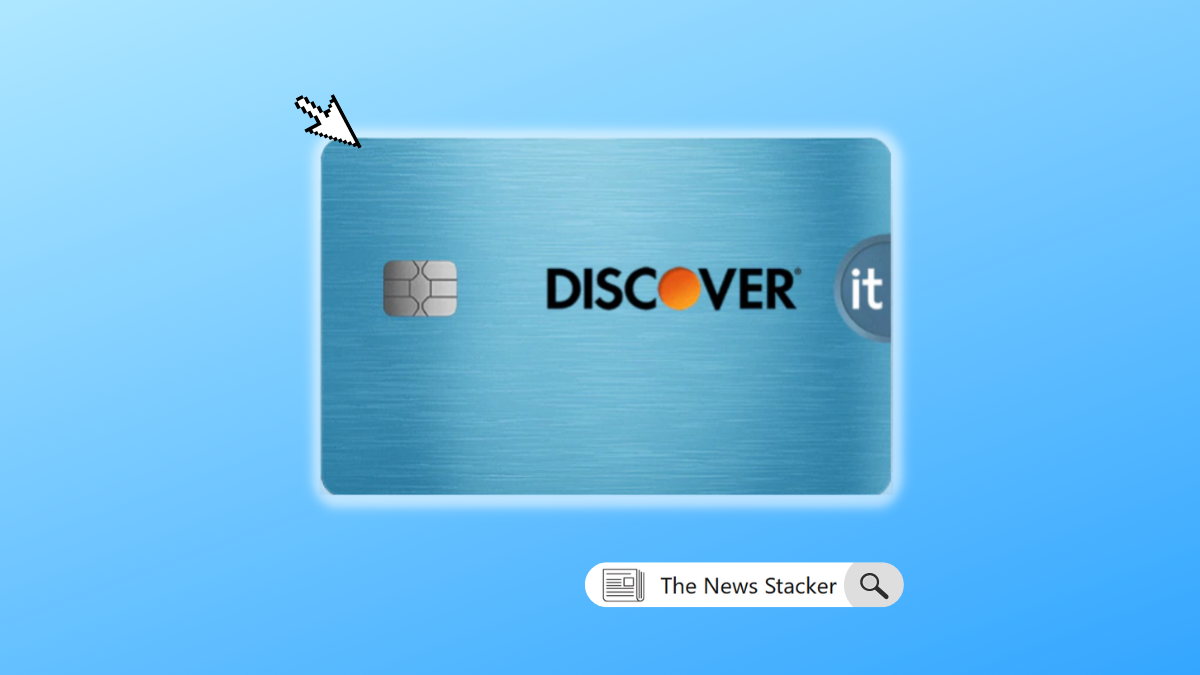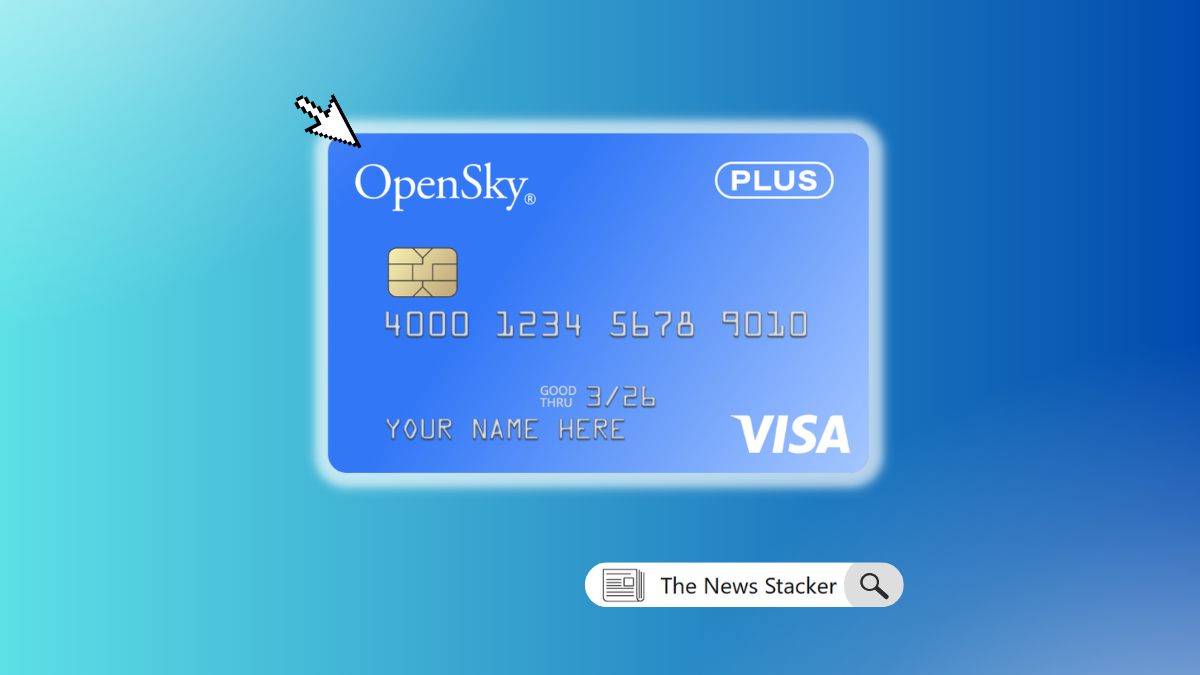Lists
Learn the many benefits of journaling for mental health
Understanding the importance of mental health and taking steps to care for your wellbeing is essential. Learn about how journaling can help you on your journey towards better self-care.
Advertisement
Journaling can be a great way to help you focus on a task and reduce anxiety. Learn how you can benefit from it.

Not many people know this, but journaling is great for your mental health. It helps you focus on a task in hand and reduce anxiety through the power of the written word. It’s also a powerful tool for personal growth.
You can keep a journal to channel your emotions and thoughts while working through depressive episodes. You can also write down your dreams and goals and keep track of your progress.

Foods that make you happy – according to science!
According to scientific research, there are some types of foods that can make you happy. Curious as to know what they are? Read on for more!
If you’ve been thinking about starting journaling for mental health but are unsure how to do it, this article is for you.
We’ll look over the many different types of journaling so you can find the one that fits your lifestyle better.
So next time you’re feeling overwhelmed or anxious, you can try journaling and see if it helps you manage those stressful feelings.
What is journaling and how does it work?

Journaling is a therapeutic activity that people can use to boost their mental health and wellbeing.
It involves writing down thoughts, feelings, and experiences in a personal journal. Journaling can help to reduce stress, ease anxiety, and promote self-awareness and self-reflection.
It can also be used as a tool to work through difficult emotions and life events. It’s a flexible activity which everyone can adapt to suit individual needs and preferences.
For example, some people prefer to write freely, while others prefer to structure their journal entries around specific topics or prompts.
There are no rules about journaling, so you can tailor it to meet your needs. You don’t even need to use a journal or notebook.
You can write it anywhere you like so long as you’re putting your thoughts into words. Journaling is an accessible and effective way to support mental health.
Check if you are pre-approved for credit cards and loans with no impact to your credit score
You will be redirected to another website
You’ll receive messages for less than 1 week, with a maximum of 1 message per day. You can unsubscribe anytime by replying STOP. By submitting this form, I confirm that I am 18+ years old and agree to the Privacy Policy and Terms and Conditions. I also provide my signature, giving express consent to receive informational messages via automated emails, SMS, MMS text messages, and other forms of communication. Message frequency may vary as part of our good-faith effort to respond to your inquiry. Message and data rates may apply. Text STOP to cancel. I understand that my consent to receive communications is not a condition of purchase and that I may revoke my consent at any time.
What are the benefits of journaling for mental health?
While journaling can be a simple task you’ll use to just write about your day, it can also affect your mind in a very positive way.
Read below to understand the positive effects that journaling for mental health can bring to your life.
Reduces stress and helps you manage anxiety
Journaling for mental health can provide a number of benefits. It can help to reduce stress and anxiety, and can also be a useful tool for processing difficult emotions.
Writing down what you’re experiencing can also help to boost your mood and self-esteem, and provide a sense of accomplishment.
Additionally, journaling can help you to better understand your thoughts and feelings, and give you insights into your behavior.
Helps with depressive episodes
First and foremost, if you suffer from depression, it’s important to look for professional help to help you work through it.
Journaling is just one of the many tools that can help you deal with lower levels of depression through gratitude.
That means that many studies have shown that there is a correlation between the two. Many people have trouble openly sharing gratitude with those around them, and journaling can help with that.
Writing down feelings of gratitude towards people and situations can help you focus on the positive things that happen to you.
May help with PTSD symptoms
Journaling is a form of self-care that has many benefits for mental health. One of the most well-known benefits is that journaling can help reduce symptoms of PTSD.
This is because journaling allows individuals to process their trauma in a safe and controlled environment.
Additionally, journaling gives individuals the opportunity to reflect on their experiences and make meaning out of them.
This can be incredibly helpful for PTSD sufferers who often feel lost and alone in their experiences.
In addition to helping reduce PTSD symptoms, journaling can also help improve mood, reduce anxiety, and increase self-esteem.
How can you start journaling for mental health?

For many people, journaling is a way to process and explore their innermost thoughts and feelings.
It can be a helpful tool for managing mental health issues such as anxiety, depression, and stress. Journaling can also help to boost your mood, improve sleep, and increase self-awareness.
If you’re interested in journaling for mental health, there are a few things you can do to get started. First, choose a journal that feels comfortable for you.
You may want to opt for a notebook with lined pages, or a blank journal that you can decorate however you like.
Next, decide how often you want to journal. Some people journal daily, while others journal weekly or monthly. Once you’ve established a journaling routine, there are a few different ways you can approach your journaling.
You may want to use your journal as a way to track your thoughts and feelings over time, or you may prefer to use it as a space to write about whatever is on your mind at the moment.
There are no right or wrong ways to journal – the important thing is that you find a method that works for you.
Types of journaling to help you get inspired
There are many different types of journaling for mental health, each with its own benefits.
For example, gratitude journaling can help you focus on the positive things in your life, while creative journaling can be a great way to express your thoughts and feelings through writing, art, or photography.
Bullet journaling is a popular method of organizing your thoughts and tasks, and travel journaling is a great way to document your adventures.
However, there are no rules when it comes to journaling – you can write about whatever you like, in any format that works for you.
How To Improve Mood And Stress Levels
Other than journaling for mental health, there are plenty of other things you can do to improve your wellbeing on a daily basis.
Curious as to what these things are? Then follow the link below to learn 10 simple tips to help you say goodbye to stress!

How To Improve Mood And Stress Levels
Find out how to improve your mood and stress levels. These effective tips will help ease the tension in no time.
Trending Topics

See how to apply for the Navy Federal GO REWARDS® Credit Card
Get all the information you need to apply for the Navy Federal GO REWARDS® Card. Learn about rewards, interest rates, benefits, and more.
Keep Reading
See how to apply for the Discover it® Cash Back Card
Learn how to apply for the Discover it® Cash Back Card in a few easy steps and start earning cash back on every purchase you make!
Keep Reading
See how to apply for the OpenSky® Plus Secured Visa® Credit Card
Learn how to apply for the OpenSky® Plus Secured Visa® Credit Card with our step-by-step guide. Get access to great features.
Keep ReadingYou may also like

Ticketmaster under scrutiny after Taylor Swift’s tour tickets fiasco
The announcement of Taylor Swift’s “Eras Tour” exposed a number of issues regarding Ticketmaster and their ticketing system.
Keep Reading
Learn how to choose your first credit card
Whether you’re new to credit or a student, it’s important to learn how to choose and use your first credit card. We'll tell you how to do it.
Keep Reading
What are the best museums in the US?
This post has an interesting list of the best museums in the US to enjoy a nice day with your family. Choose one and go see it!
Keep Reading